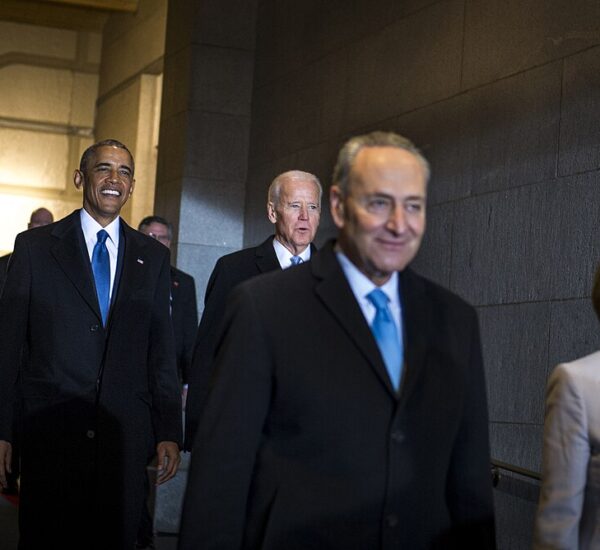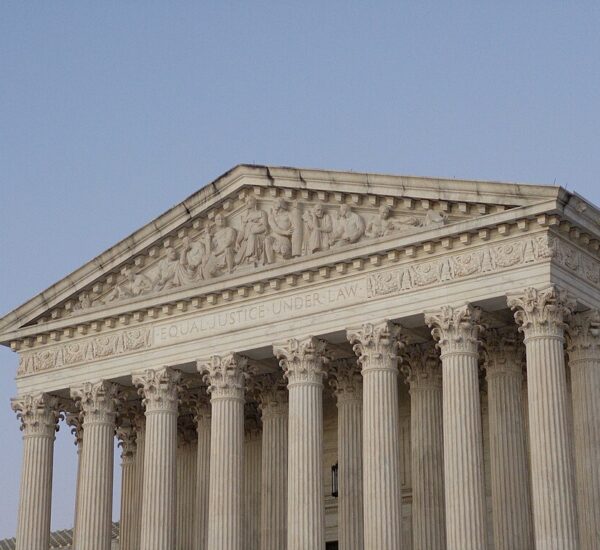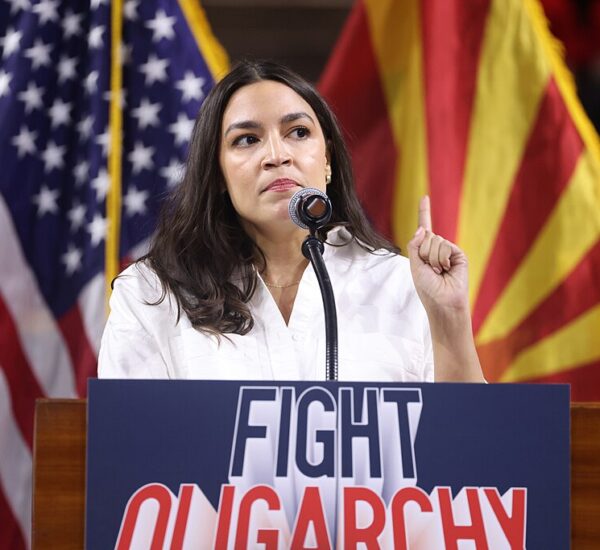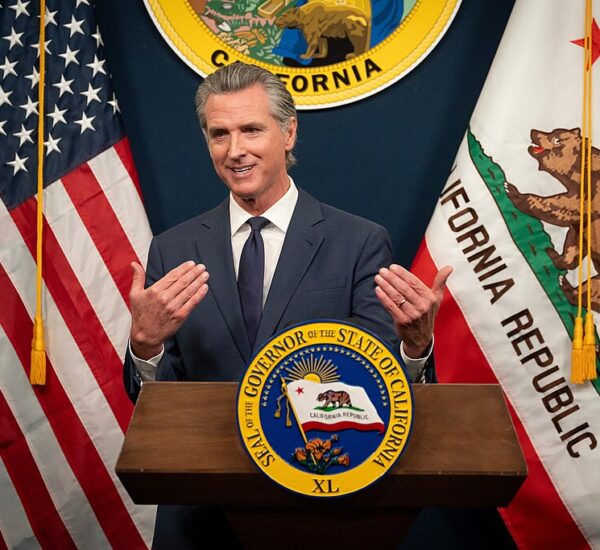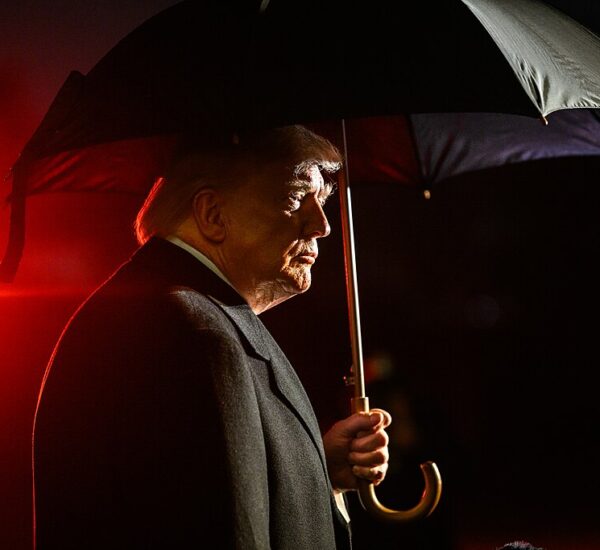Trump Folds To The Press?
Washington, D.C. — The Pentagon has quietly rewritten its controversial press-access policy after a major public backlash, clarifying that accredited journalists will not need prior approval from Defense Department officials before publishing articles about America’s military.
The reversal comes after weeks of outrage from news outlets and watchdog groups, who warned that the initial version could have allowed unelected Pentagon bureaucrats to censor the press and silence criticism of the Defense Department.
According to the revised policy released Monday evening, reporters “are not required to submit their writings” before publication. The new rules also warn, however, that military personnel who share “unauthorized information” could face punishment — and that reporters who encourage leaks may be labeled “security risks.”
This vague language still has journalists and free-speech advocates on edge.
Hegseth Cracks Down on Liberal Media Access
Defense Secretary Pete Hegseth, a former Fox News host and strong supporter of President Trump, has steadily tightened media access to the Pentagon since taking office.
His critics — mostly within the liberal media — accuse him of “limiting transparency.” But Hegseth’s supporters say the move is long overdue, restoring discipline and ending years of biased reporting and political leaks that damaged America’s national security.
Earlier this year, Hegseth’s team reassigned workspace access, removing four major left-leaning outlets — including The Hill — while making room for conservative platforms such as Breitbart News and One America News Network.
That shift sparked a furious reaction from establishment media figures accustomed to dominating the narrative inside the building.
Pentagon Tightens Control After Decades of Media Free-for-All
In May, the Pentagon went further — restricting access to most of the building’s hallways and requiring escorts for all journalists. For decades, credentialed reporters had enjoyed broad movement inside the building.
The Pentagon Press Association called the new limits “a direct attack on the freedom of the press.”
But inside the administration, officials argued the restrictions were necessary to protect sensitive information and stop leaks that jeopardize U.S. troops and operations abroad.
The debate now centers on how the Pentagon will determine which reporters pose a “security risk.”
The Fine Line Between Security and Freedom
The latest policy insists that journalists remain protected by the First Amendment, even when publishing classified or sensitive material obtained without their solicitation.
However, reporters who actively solicit leaks — such as posting “send us your tips” messages on social media — could be seen as crossing a line. That, the Pentagon warns, might lead to the loss of their credentials.
Free-press advocates argue that the new policy could discourage investigative reporting and grant the Pentagon too much power to decide who can cover America’s military.
Supporters, however, say the changes are about accountability and national security, not censorship. “Transparency shouldn’t mean handing classified data to hostile outlets,” said one defense insider.
Why It Matters
This battle over Pentagon press access reflects a larger struggle across America — between truth and spin, transparency and national defense, accountability and media bias.
For decades, the corporate media has attacked conservative leaders while protecting Washington insiders. Under President Trump and Defense Secretary Hegseth, that dynamic is changing — and many believe it’s about time.
As one veteran observer put it: “For the first time in years, the Pentagon is standing up to the press — instead of bowing down to it.”

